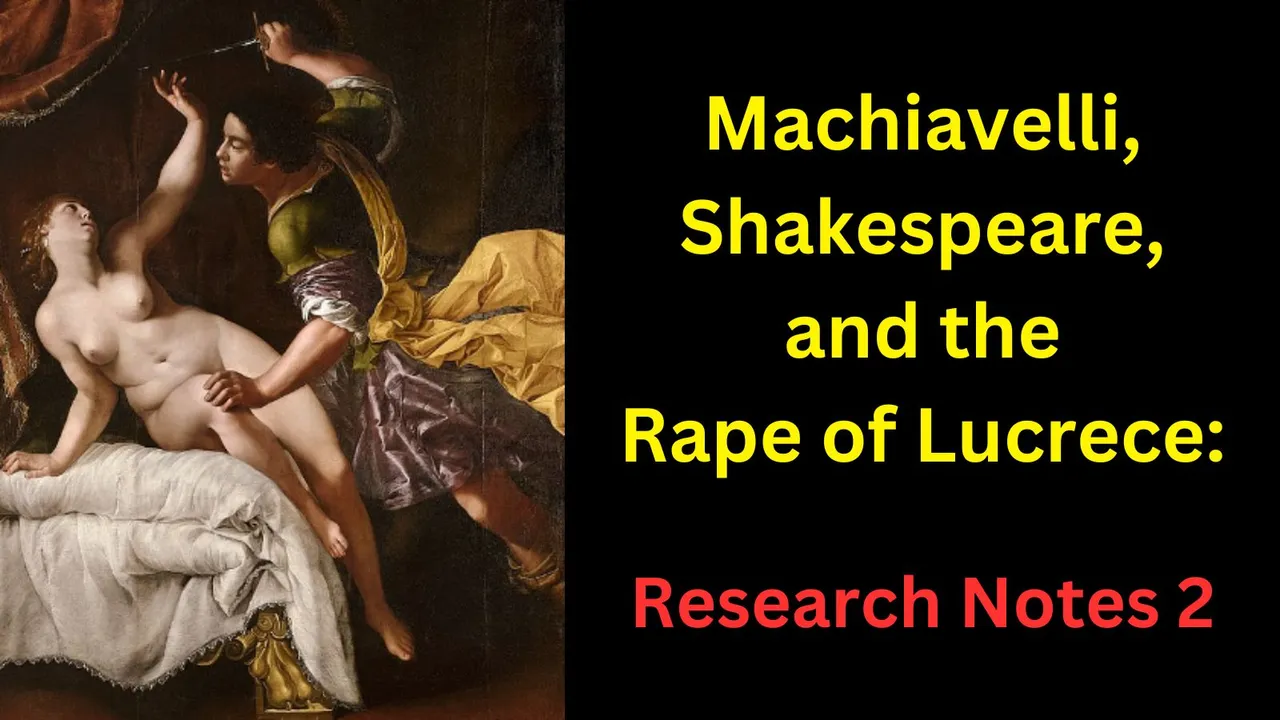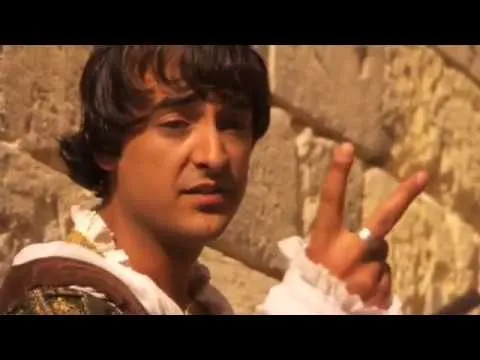
Michelle Clarke, "Curing Virtue: Epicureanism and Erotic Fantasy in Machiavelli's Mandragola"
Michelle Clarke's paper:
https://drive.google.com/file/d/1bHhls9hS6FvOJDtEkvVakHSn5E9hAO-v/view
Like Ovid, Machiavelli embraces the hedonism that motivates Epicureanism without accepting that happiness requires distancing ourselves from illusion, as Lucretius recommends. This reply to Epicureanism allows both Ovid and Machiavelli to reassess the status of erotic desire. Whereas Lucretius advises handling it with extreme caution lest it entangle the mind in ruinous false beliefs and destroy the possibility of theoretical wisdom, Machiavelli follows Ovid in recommending a different course: one in which happiness is achieved through the deliberate manipulation of erotic fantasy.
Michelle Clarke, Machiavelli's Florentine Republic: https://amzn.to/3yYUCHI
History of Thought Political Seminar:
Bob Faulconer: Mandragola as (1) a liberation of sexual desire, (2) political management.
Michelle Clarke: Lucrezia as Lucretius as well as Lucretia.
Lucrezia's transformation has a political character, an education that enables her to gain political leadership at the end.
- Princely virtù of Lucrezia at the end.
- Ovidian point that virtue = ability to manipulate erotic appearances / satisfy desires or actually "make people feel they are getting what they want."
Timeteo mentions the brother friars failing to polish the icon of Mary.
Lucrezia's Ovidian self-presentation to men.
Livy's Lucretia "becomes a man."
Machiavelli's Lucrezia echoes that, yet is more of a "real woman" through Ovidian reformed Epicurean virtue.
Machiavellian's princely virtù masculine and feminine [lion / fox ]
Like Ovid, and unlike Lucretius, Machiavelli is not troubled by the illusion of appearances.
Lucretius, Book 4, Simulacrum, recommends withdrawal from desires.
Seduction for Ovid is never done, which is how Machiavelli thinks about politics.
What is the status of Lucrezia's submissive statement to Callimaco?
Alex: If Lucrezia is educated, who educates her? She discovers the Ovidian truth that loosening up is the secret to happiness.
Harvey Mansfield on Prince 18: seeing versus touching.
The Prince and Lucrezia manipulate appearances without necessarily achieving happiness.
Michelle Clarke: Lucrezia in Mandragola is raped** with the complicity of everyone she knows, which disabused her of her fantasy of virtue [which she exchanges for virtù]. Everyone[?] touches Lucrezia, radicalizing Machiavelli's view in Prince 18. She is distanced from the kind of pleasures she is regulating.[?]
** Yves Winter: "Machiavelli's Lucrezia is not raped but takes the adulterer Callimaco as her lover, enjoys his company and invites him back." p. 429
Pliny the Elder: Mandrake is the herb of Circe https://en.wikipedia.org/wiki/Circe
Strauss, History of Political Philosophy: first mention of nature in Homer = mandrake root. [?]
Mandragola is a series of conversions. People change, unlike in other stock-character comedies.
Ligurio: Lucrezia is "fit to be a prince."
Michelle Clarke: "Lucrezia is Ovid in drag, and the drag is Lucretius."
At the heart of Ovid's criticism of Lucretius is his advocacy of abstaining from desires.
Rachel borrows mandrakes from Leah:
https://www.biblegateway.com/passage/?search=Genesis+30&version=KJV
The Mandrake Root
European Drama Network

